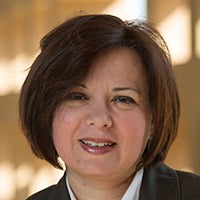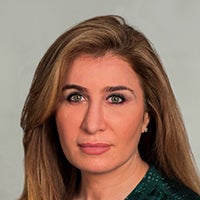As the pandemic finds its exponential phase in the MENA region, it is clear that it will have profound social implications for the large majority of households, including children, youth, migrant workers, people with disabilities, older adults, women, and people exposed to gender-based violence. The consequences for the labor market and society are unforeseeable in their extent. The success of national governments in combating the pandemic and its economic and social consequences depends on political factors and national institutions. Welfare state institutions and social policies, which play a central role in ensuring social security and stabilizing the economy, in particular, face major challenges. The COVID-19 pandemic strongly influences the duties of welfare state organizations ensuring fast access to welfare payments and offering extensive measures of job security. The pandemic might also change the goals, the design, and implementation of social policies. Furthermore, it has consequences on public services. While most processes of counseling and assistance were conducted on a face-to-face basis, the pandemic will result in new ways of communication and collaboration enforcing a trend to more digitized public services.
The pandemic presents a unique “test” of the MENA countries’ various institutional conditions and governance constraints. It presents an opportunity to explore institutional responses and coping mechanisms that might allow policy makers to improve service delivery. It also presents an opportunity for policy makers to examine which capacity deficits are truly structural and which might be overcome through a combination of technical assistance and political will.
The purpose of this webinar is to convene a group of scholars to discuss and explore social policy responses to the pandemic in the MENA region and challenges facing countries that have been exacerbated and exposed as a result of the global coronavirus pandemic, as well as the future of social policy and the social contract in the region.
















